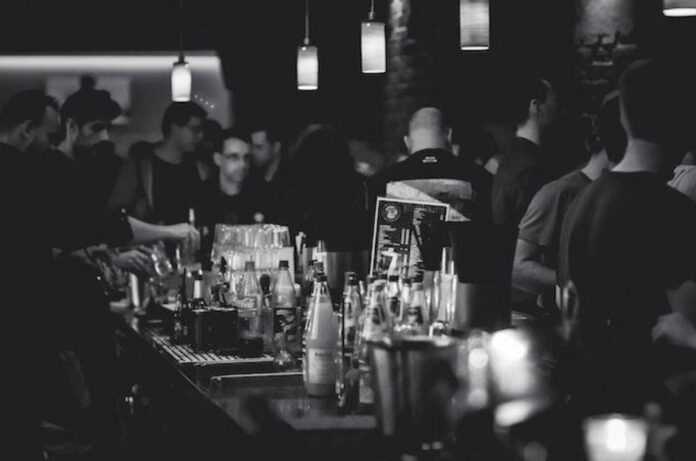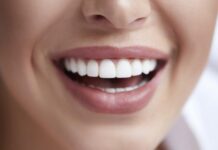Even though anxiety and alcohol abuse are completely different problems, they often go hand in hand. For instance, people with anxiety problems might find alcohol to be a way to numb or escape their feelings. Unfortunately, however, this often leads to a vicious circle of increased issues with anxiety and alcohol consumption. In this blog post, we will try to inform you further about this not-so-rare situation and offer some solutions to break the cycle and support your mental health.
Understanding Anxiety
Before we get to specifics, we need to understand both issues individually and how they correlate. Firstly, anxiety is a normal and often healthy emotion every person experiences from time to time. Anxiety represents the natural stress response and helps us stay alert and focused. But on the other hand, anxiety can become excessive and interfere with our daily functioning.
If that is the case, we might be talking about anxiety disorders or excessive traits that can take many forms. Some of those are:
- generalized anxiety disorder,
- panic disorder,
- obsessive-compulsive disorder, and/or
- social anxiety disorder.
The symptoms tend to vary from person to person. However, they frequently involve emotions like fear, worry, and uneasiness. Physical symptoms are also common, including heart palpitations, sweating, and trembling.
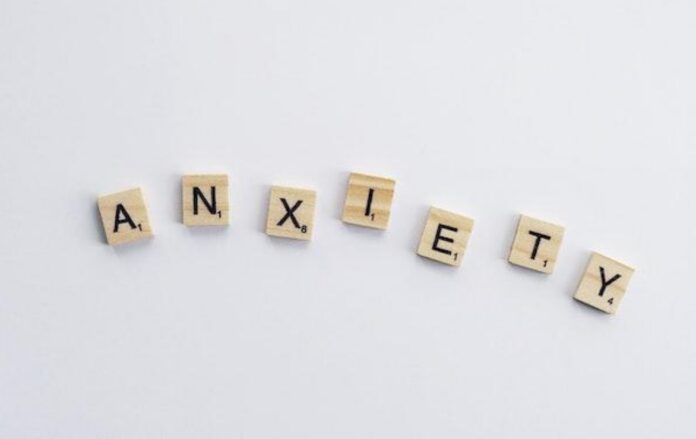
The relationship between anxiety and alcohol abuse
For people suffering from anxiety, alcohol can seem like a way to relax their symptoms and relax. In a way, this is true. In the short term, alcohol does help in reducing stress and promotes the feeling of relaxation. On the other hand, looking at the matter in the long run, alcohol can actually make anxiety worse.
As alcohol is a depressant, it slows the central nervous system down. This way, it can seem practical for suppressing anxious feelings. But, as the body becomes more tolerant to alcohol, the effects tend to wear off quickly. All these can lead to a cycle of more severe anxiety and increased alcohol and even different substance usage.
In addition, alcohol can disrupt the balance of neurotransmitters in the brain responsible for regulating mood and emotions. This can also lead to increased feelings of anxiety and depression, especially in people who are already prone to these conditions.

The connection between the two is complicated
Many factors can contribute to the cycle, as the connection between these two issues is complicated. For instance, people with anxiety may be more prone to alcohol misuse as they use it as a form of self-medication. On the other side, those who struggle with alcoholism may experience anxiety due to their drinking.
In some cases, anxiety and alcohol abuse may be caused by a common underlying factor, such as a genetic predisposition to mental health disorders or a history of trauma or abuse. Whatever the reason, experts in addiction treatment behind Harmony Ridge Recovery Center advise that it’s critical to understand the link between alcohol misuse and anxiety and take action to address both issues.
That’s why numerous addiction centers offer specialized programs that address both anxiety and alcohol abuse simultaneously. By tackling both issues at once, one can break the cycle of dependence and find a path to lasting recovery.
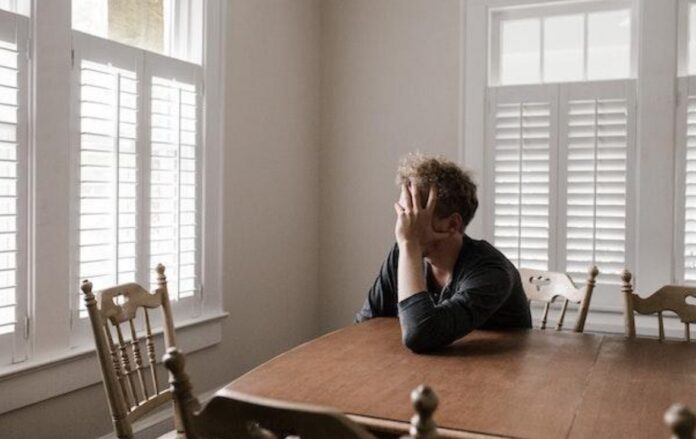
The recovery factors
Everyone’s recovery path can be challenging and unique for each individual. This post describes the three main aspects you should focus on when on a recovery mission. Those are:
- The ways to break the cycle
- The role of support
- Trigger avoidance
Breaking the cycle
It’s essential to bear in mind that even though breaking the cycle of alcohol misuse and anxiety is challenging, it is still doable. The first and primary step is to seek professional help. With the help of a mental health professional, you can address the underlying reasons for your anxiety and develop healthy coping strategies that don’t involve alcohol.
Furthermore, there are many ways to try to minimize your alcohol consumption and anxiety feelings. These could be:
- Exercise – Doing exercise is a helpful way to reduce anxiety and promote well-being and take care of your immune system. Furthermore, it helps with better sleep, which is crucial for managing stress.
- Meditation – Another powerful tool for managing anxiety is meditation. Once mastered, it helps people stay calm even in stressful situations.
- Self-care – By taking care of yourself, you’ll take care of your anxiety. Therefore, it would be good to ensure you get enough sleep, maintain a healthy diet, and enjoy things that make you happy.
- Social support – Reaching out to your friends and family or joining a support group can significantly help manage your issues. A support network will help you reduce alcohol consumption and cope with anxiety.
- Therapy – Ultimately, therapy is a valuable tool for both cases. Your therapist will help you identify the causes of your problems and offer healthy coping strategies to help you break the cycle.
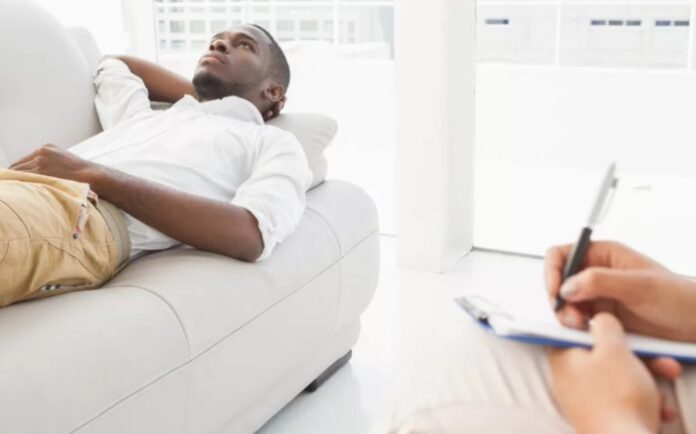
The role of support
One of the most crucial elements in ending the cycle of anxiety and alcohol abuse is having a strong support system. This could involve close friends, relatives, or a support network. It certainly makes a huge difference to be surrounded by individuals that can assist and encourage you while also understanding what you’re going through.
If you don’t have a support system set in place, consider reaching out to a mental health professional or joining a support group. Many options are available for those struggling with stress and alcohol misuse.
Avoiding triggers
Finally, avoiding triggers is essential for managing anxiety and reducing alcohol consumption. Triggers are situations, people, or things that can make you anxious or cause you to crave alcohol. Some of the most common triggers are stress, social situations, and certain people or places.
You can avoid or reduce the impact of your triggers if you know what they are. For example, if large crowds or loud parties make you anxious, you might try to limit your exposure to them. If stress triggers you, you might try to reduce stress in your life through exercise, meditation, or therapy.
However, if you find yourself in a triggering situation, it’s critical to have the plan to deal with it. This could include using relaxation techniques such as deep breathing or visualization, as well as having a trusted friend or family member to turn to for support.
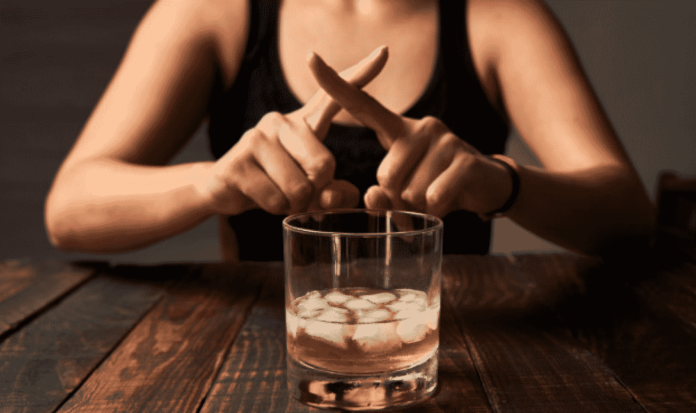
Final thoughts on anxiety and alcohol abuse
Anxiety and alcohol abuse are two complex problems that often go hand in hand. While alcohol may provide temporary relief from anxiety, it can make it more severe in the long run. Therefore, if you or someone you know is struggling with these issues, it’s important to seek help. No one is alone in this world, and there is always a home for a brighter future.

